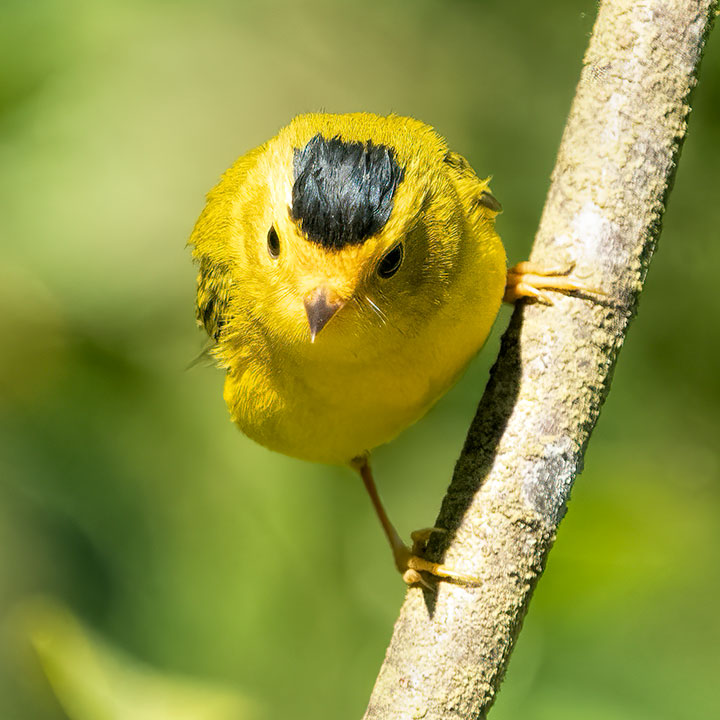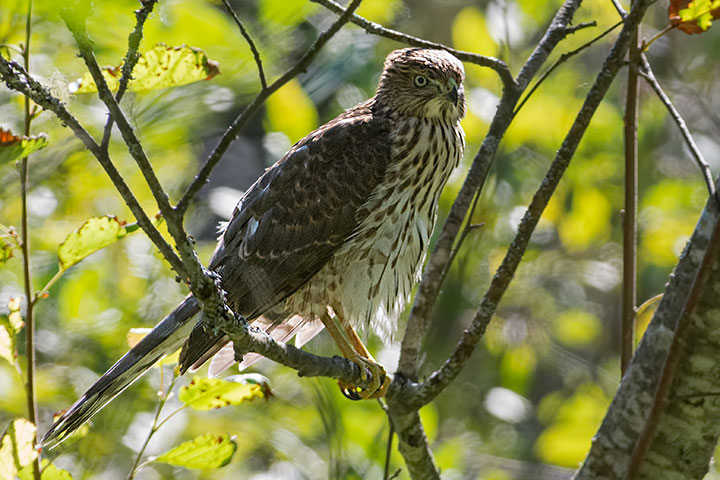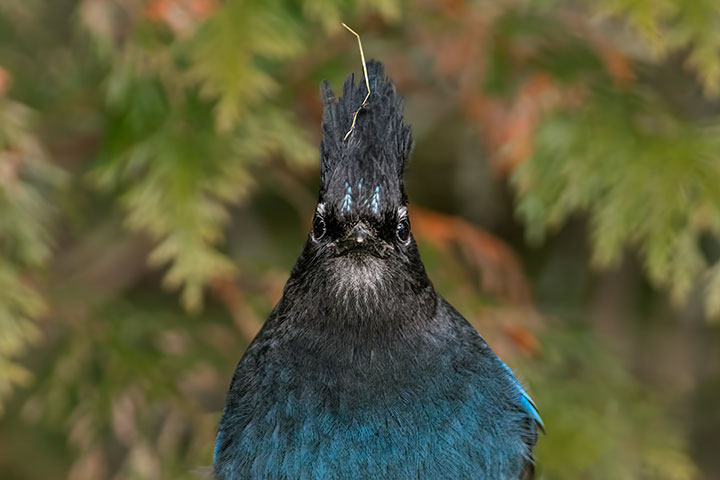Six years ago, I wondered if “if birds named after people will be the apostrophe’s last bastion.” <blog.kootenay-lake.ca/?p=20350>
I noted that we had lost the apostrophe in geographic names: “Around Kootenay Lake, Johnson’s Landing is officially Johnsons Landing and Queen’s Bay has become Queens Bay — despite no compelling evidence for multiple eponymous Johnsons or Queens.” However: “In ornithology, the possessive still rules when it comes to birds which have been named to commemorate the work of naturalists from earlier times.” The literature was replete with the Say’s Phoebe and the Barrow’s Goldeneye.
But now, ornithology is about to completely drop the use human names for the common names of birds. They will all be renamed. OK, ornithology in this case is the American Ornithological Society which sets the standard for common bird names in Canada and the U.S. This is described in a number of news stories. Consider: “These American birds and dozens more will be renamed, to remove human monikers.” It is available from npr.org/2023/11/01/1209660753.
Now, I wish to sidestep the reason for this change (which is the removal of “bird names deemed offensive or exclusionary”) and deal with the collateral damage of the elimination of the apostrophe. Alas, it will go.
The NPR story gives three examples, out about 80, that will change over the next few years: Wilson’s Warbler, Cooper’s Hawk, and the Steller’s Jay, all of which we have here.
The still Wilson’s Warbler will become what?

Cooper’s Hawk will change.

The Steller’s Jay is not only exceedingly common here, but it is the provincial bird of British Columbia. Will its renaming require legislation to continue its presence?

It will be interesting, but I will be sorry to see the continued loss of the apostrophe.

I see that you have two spellings of the Jay. Are both acceptable, or is one of them correct? I am peeved that even the interpretive signs on the Columbia River spells Fort Sheppard as Fort Shepherd, so how are people supposed to know themselves?
Margo, fixed. Thank you.
I feel your pain, Alistair. Like you, I have seen the English language degrade over time, and seeing apostrophes disappear is disheartening. I no longer am sure if the omission is intentional or due to a lack of literacy. It’s almost as bad as people replacing “loser” with “looser.” In the NY Times Spelling Bee game, you are now expected to find such gems as “wanna” “gonna” and “innie” ….Uggh. As for the change of bird names, it’s long overdue. When the Magnificent Hummingbird was changed to Rivoli’s I nearly lost it. But it only scratches the surface of what amounts to “poorly conceived” names – Take the American Robin. Not a Robin. I recommend Fire-bellied Thrush. Then there’s the Cape May Warbler, Nashville Warbler, Connecticut Warbler and Tennessee Warbler. Huh? You can thank Alexander Wilson for some of those. I’ve a hunch the Wilson’s Warbler will soon be the Black-capped Warbler. And the Cassin’s Finch, the Bronze-cheeked Finch.
Oh well, I always thought it was Stellar Jay. Like ‘Daylight Saving’ – it’s not Savings!! haha – coming up this weekend.
Love all your new posts.
When my memoir, Disaster in Paradise: the Landslides in Johnson’s Landing, was close to publication I had to fight to retain the apostrophe in “Johnson’s,” with muttering from the editors that the apostrophe was redundant. I am glad I won that small battle. There was only one Algot Johnson for whom the place was named.
Cant comment on your apostrophes but glad to see name changes to avoid people.
I guess I am low man on the totem pole but the American Robin has been the American Robin for all of my 80 years. I like the song, “When the red, red Robin comes bob, bob bobbin’ along, along
They’ll be no more stopping when he stops strobing his old, sweet song
Oh, wake up, wake up
You sleepy head, get up, get up
Get out of bed, cheer up, cheer up
The sun is red, live, love, laugh and be happy. How are you going to change that to Fire-bellied Thrush! I am unhappy!
In the case of Wilsons Warbler, it has an older name – Pileolated Warbler – which I have always liked. Maybe it and similar ones will be restored.
For the jay, we could lobby to have it named British Columbia’s Jay, apostrophe included of course. But maybe it would be rejected for the same general reason that the others are getting changed.
Thanks for sensible rant, Alistair…I’m with you solidly! I refuse to give up grammar rules that make sense which I learned, & can’t forget!
No sooner do you tighten one shoelace than the other feels slack. Who can say where this impulse to reframe history will end?
Will there come a day when BC’s native plants – Douglasfir, Douglas Maple, Thompson’s Paintbrush, Lindley’s Aster – are similarly purified? And what about its landforms? Can Mt. Robson, Mt. Waddington, Mt. Sir Donald be long for this world? And how about the Fraser and Thompson Rivers?
I don’t complain. I only wonder.
I believe there’s a practical reason for the removal of apostrophes in place names, and that involves maps. Generally there’s a dot to indicate the location of a place. With apostrophes and dots, the map can get pretty confusing. It seems that changing bird names is for an entirely different reason (the various pitfalls of commemorating individuals) – a reason that has been applied to place names as well. Can I point out a larger issue? In North America, all of these creatures and places had other names originally and it was a colonial project to name them all after Europeans. Examples are literally everywhere but one of note is Boothia Peninsula in the Arctic Ocean – named after Booth’s gin.